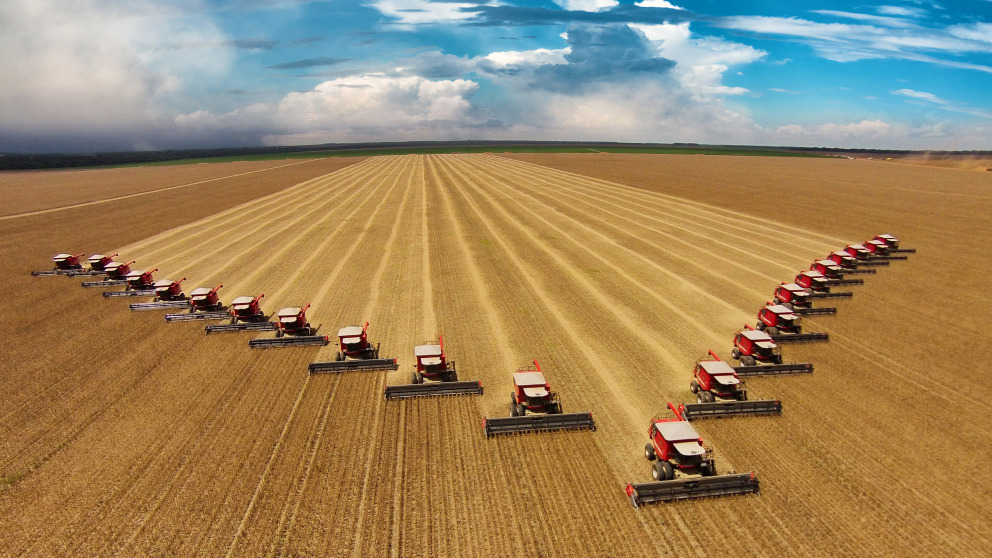More Ambitious Legislation Needed to Protect People, Crops, and Ecosystems
16.10.2020
Whether the air that we breathe will be cleaner or dirtier in the future will largely be determined by two key factors: pollutant emissions and climate change. In a new publication, the authors analyze projections of future air quality and compare their various effects on human health, crops, and ecosystems. The research reveals that emissions reductions beyond those required under current legislation will be needed if we wish to see significant improvements. Policymakers should also seek to couple air pollution control and climate policy more effectively.

The review, which was prepared by a team of researchers under IASS Research Group Leader Erika von Schneidemesser, analyzes current literature that uses scenarios to predict the effects of different levels of air pollution on human health, crops, and ecosystems. While numerous models have been developed that focus on the impact of air pollution on human health and crops, impacts on ecosystems have not been sufficiently considered to date. The few existing models use methods that are not easily comparable with those for health and crops and the team of authors sees opportunities for further development in this area.
Particulate emissions could fall in Asia
The scenarios highlight the need for more ambitious legislation to reduce emissions worldwide in order to achieve improvements for health. Reductions in particulate matter pollution have a greater impact than lowering ozone levels. The researchers anticipate a reduction in particulate matter emissions in Asian countries in particular, as these are increasingly adopting better technologies, for example in waste disposal and the management of factory emissions. The greatest health effects are expected in the affected cities and regions, but the research also predicts impacts on air quality in neighbouring countries.
Plants benefit from reductions in ozone pollution
Reduced ozone pollution is particularly beneficial for horticulture as ozone damages leaves and causes premature plant aging, reduces growth and crop yields, and diminishes the quality of agricultural products. A reduction in ozone pollution, leading to improved opportunities for agricultural development, is predicted for various regions – provided that they implement suitable policies. There is insufficient data on the effects of air pollution and climate change on ecosystems. However, existing research indicates that these effects are particularly enduring and complex.
Swift action likely to pay off
The authors conclude from their analysis that the effects of air quality and climate change should be considered within the scope of a holistic assessment. Most of the existing models focus on a single sector, whether it is health, crops, or ecosystems. "In order to develop effective measures, policymakers need to view air quality and climate policy as two sides of the same coin and to consider their effects across different sectors from an integrated perspective," explains Erika von Schneidemesser. This approach, the authors argue, would enable countries to capitalize on synergies in air quality and climate policy and minimize policy conflicts. Most studies concur that the cost of implementing appropriate measures would be largely offset or even exceeded by the benefits.
Publication:
- von Schneidemesser Erika, Driscoll Charles, Rieder Harald E., Schiferl Luke D. (2020), How will air quality effects on human health, crops and ecosystems change in the future? Phil. Trans. R. Soc. A. 37820190330 http://doi.org/10.1098/rsta.2019.0330
Contact

Dr. Erika von Schneidemesser
